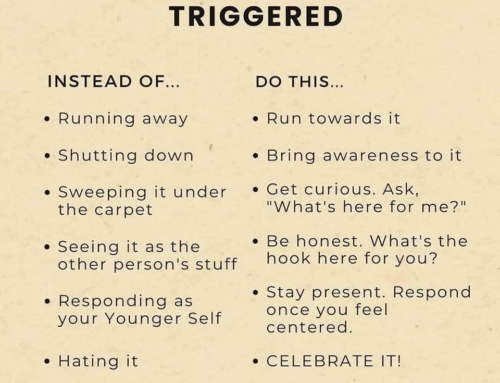In today’s world, the concepts of “Love” and “Attachment” are increasingly significant. A solid inner core is essential for self-awareness and personal growth, providing us with the energy to find happiness within ourselves.
Understanding Attachment
Relationships often revolve around action-reaction dynamics, but my focus is on the internal mechanisms of attachment. Why do we cling to others or situations? When faced with challenges, many fall into patterns of rejection, self-pity, and defeat—tools the ego uses to fuel our obsessions.Attachment arises from human needs and personality weaknesses. We often depend on others for energy or excuses to avoid personal growth. The people we attract can mirror our own imbalances, leading to various forms of attachment—whether to partners, family, work, material possessions, or ideas.
The Nature of Unconditional Love
Buddhism teaches that attachment to material goods and passions is the root of human suffering. In contrast, unconditional love is a profound joy that transcends selfish desires. It involves loving and respecting another person wholly, wishing them well even when they do not meet our expectations.Unconditional love differs from parental love; while parents may adore us, they can also inadvertently instill guilt and manipulate us. True unconditional love is deep and enduring but does not tolerate abusive behavior. It allows us to maintain healthy boundaries while still caring for others.
The Journey of Learning to Love
Even if someone we love is no longer in our lives, we should recognize that their presence helped cultivate our capacity for love. As children, we naturally knew how to love; as adults, we must relearn this essential skill.Learning to love authentically requires effort and self-reflection. Those who embark on paths of self-discovery deserve our gratitude, as do those who challenge us to confront our understanding of unconditional love and personal boundaries.
Let us observe ourselves without guilt or judgment as we navigate our fears and loneliness in pursuit of unconditional love. This journey becomes more meaningful when shared with others.
Key Insights from Thich Nhat Hanh
- Our ability to love others hinges on our ability to love ourselves.
- True love allows others to be themselves; anything less is a form of bondage.
Light, Love, Gratitude





